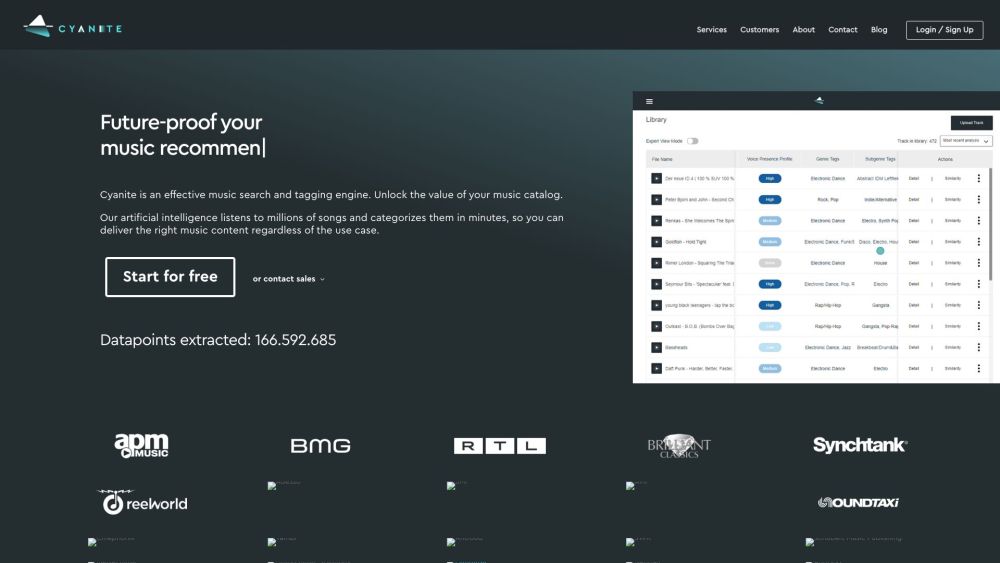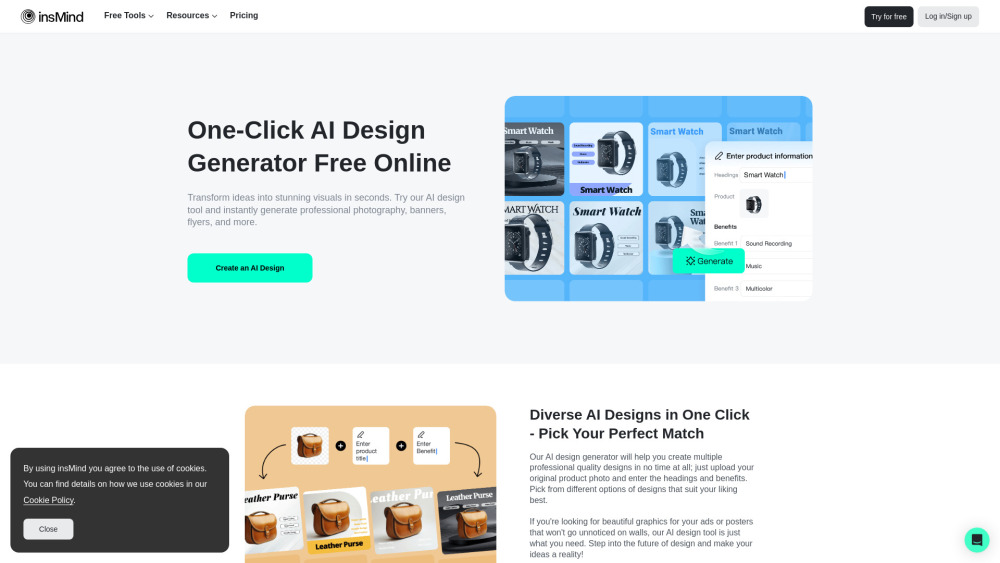In an era marked by rapid technological advancements, organizational data management still lags behind. Despite evolving through phases such as data warehouses, big data, data lakes, and now lake houses, many companies have yet to see significant improvements in managing their data.
In numerous organizations, the tedious and error-prone process of manual data entry remains commonplace. Data is often siloed across departments, quality issues persist, and employees struggle to access meaningful insights from the information available.
Are you ready for AI agents? The next frontier—AI—is already here, yet many businesses are moving forward without addressing their underlying data challenges. Remember, data is the backbone of AI; unless you resolve your data issues, leveraging AI for competitive advantage will be nearly impossible. Now is the time to prioritize data management—or risk missing out on transformative opportunities. Fortunately, AI can aid in this improvement.
While a complete data transformation takes time, here are three immediate steps you can take to gain momentum and deliver value quickly:
1. Automate AI Data Collection
Manual data collection is riddled with inaccuracies and inefficiencies. While the allure of AI often centers on its algorithms, the true unsung hero is the quality of the data that informs those models. Accurate data capture and management create a solid foundation for any business’s intelligence initiatives, enabling AI systems to deliver actionable insights and predictive analytics.
Investing in AI solutions for automated data entry may require initial expenditure, but the long-term benefits— including time savings for employees and enhanced data quality—will outweigh the costs. By prioritizing your data collection infrastructure, you not only safeguard your data assets for the future but also set the stage for upcoming AI innovations backed by high-quality data.
2. Monetize New and Existing Data
Many organizations recognize the value of clean data entry yet overlook existing tools that can streamline this process. One notable advancement is generative AI chatbots, which can mimic human conversations and interact seamlessly with business systems. These chatbots can understand customer inquiries, input data, and manage forms efficiently, transforming customer engagement and unveiling new insights from each interaction.
By automating data capture via chatbots, your organization can collect critical information without human intervention. This opens the door to cross-selling opportunities using existing data, which often goes underutilized. With conversational AI and the data at hand, businesses can re-market existing services or suggest additional offerings to clients, establishing a valuable secondary revenue stream using infrastructure already in place.
3. Leverage Existing Data for Customer Growth
While businesses often invest heavily in acquiring new customers, tremendous value also lies within existing customer data. Multi-service organizations are well-positioned to implement intelligent cross-selling strategies based on insights drawn from historical interactions.
Imagine a system that not only tracks customer interests but also predicts additional services that might benefit them, utilizing AI to analyze win/loss records and generate actionable insights for cross-promotions. By mining existing customer data, businesses can unlock organic growth opportunities through tailored cross-sell models that identify previously unrecognized revenue streams.
Time to Modernize Pipeline Data
The days of manual data management are over. AI is poised to revolutionize business operations, offering greater efficiency and deeper customer insights. Organizations that seize the opportunities presented by AI in data handling will lead the charge in this transformative landscape, enjoying enhanced efficiency and growth.
Investing in AI isn't merely about keeping pace with the market; it's about future-proofing your business. As technology progresses, companies already leveraging AI will be better equipped to adapt and thrive.
For further insights into data-related innovation and best practices, join us at DataDecisionMakers, where experts share their knowledge on the future of data tech. Consider contributing your own perspective as well!





